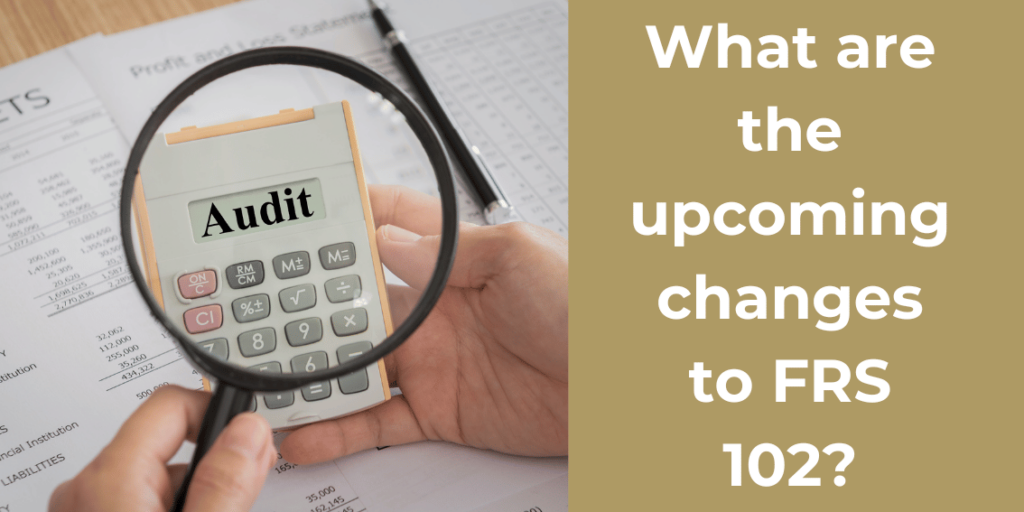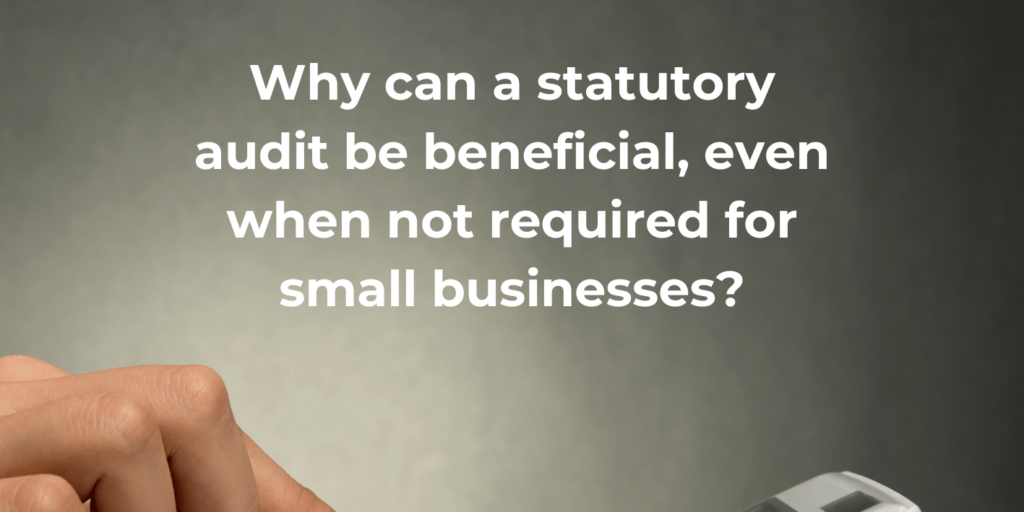Section 476 and 477 of the Companies Act 2006 Explained

What is the Companies Act 2006?
The Companies Act is the main piece of legislation in the UK that dictates the governing of companies in the UK.
What is Section 476 of the Companies Act?
Section 476 states that members of a company have the statutory right to request an audit of the company. This means that any company that does not meet the existing criteria for a statutory audit will still be subject to audit in accordance with the members’ request.
Which members of a company can request an audit?
A stakeholder can request an audit of a given company if they own at least 10% of the company’s shares. This can also apply to multiple stakeholders if their joint shares add up to at least 10%.
If the company does not have share capital, then several members of the company can request an audit, providing the number of members requesting an audit represents at least 10% of the members.
Members can only request an audit during the financial year, and no later than one month before the end of the financial year in question.
What is Section 477 of the Companies Act?
Section 477 focuses on small companies and their exemption from statutory audits.
Companies that meet two of the following requirements for a given financial year are exempt from requiring an audit:
- Has turnover of £10.2 million or less;
- Has gross assets of £5.1 million or less;
- The company has 50 employees or less.
Are there any exceptions to this?
Yes – a small company must still undergo an audit by law if they meet the requirement of Section 476. Therefore, if a stakeholder or collective group of company members, that are eligible, request a statutory audit, the company must oblige.
Furthermore, if a company fails to qualify as small, it will not be required to have an audit in its first year that it becomes a medium size company.
There are certain types of companies that must have an audit including public companies, subsidiary companies (unless qualifying for other exemptions) and those involved in banking, authorised insurance and certain investment activities.
Can a small company still choose to undertake an audit?
Yes – small companies can choose to voluntarily audit their business and submit audited accounts to Companies House.
Why would a company choose to do this?
There are a number of key reasons why small companies would choose to voluntarily audit their business. These include:
- Accuracy – An assessment of financial statements to ensure that these show a true and fair view of the company and are not materially misstated.
- Risks – An audit will reveal potential risks to a business, giving them the ability to prevent future issues.
- Assessment of internal controls – A review of the business and its financial processes gives insight into ways internal controls can be improved.
- Regulatory adherence – An audit will check that businesses operate within the lines of government legislation, particularly that concerned with tax and fraud.
- Future investment – Potential investors or stakeholders that show interest in investing or buying the business will look for audit results when assessing the company.
- Key customers, suppliers and regulators – Having audited accounts may be required to satisfy third parties.
If you need any further advice, please contact your local Perrys branch.







